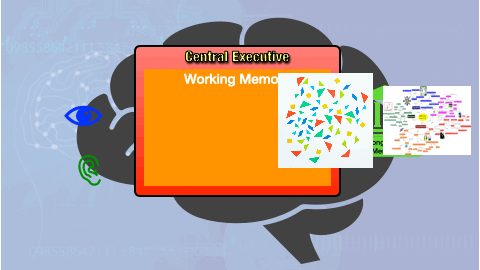
Reflections on Theory and Practice
In Pursuit of Understanding and Practices That Drive the Greatest Impact in Education
What is Long-term Memory?
Long term memory is exactly what it sounds like. It is a place where information has been successfully encoded for long periods of time so that you can retrieve it later, possibly forever.
Although, this doesn't mean it is always retrievable when you need it. This is where retrieval practice and spacing can be really beneficial.
Long term memory is your background knowledge. It plays an important role in helping us to manage information in our working memory. Knowing how it functions is helpful in understanding how we learn best.

The big idea here is that knowing how long term memory works is important for learners to understand, and it can have a big impact on how they we teach and how students learn.
One of the coolest things I have come to understand about learning is how long term memory works. Specifically, a concept that has really helped me understand my students learning, is the fact that long term memories are reconstructed every time we recall them.

The metaphor of computer like memory is not a very good one and is very misleading. There is no one place in the brain where a memory is stored, it is reconstructed pulling from a multitude of different places every time we retrieve it.


What's important to grasp is that long-term memories aren't static entities within the brain. When we recall something, we don't retrieve it exactly as we did before. Instead, each time we remember something, it undergoes a process of reconstruction. Every time we rebuild the memory, we are incorporating any new information that has been added or connected to it’s schema since the last time you recalled it. This realization was quite mind-blowing for me and dramatically changed how I perceive the learning process.
Furthermore, that the reconstruction pathway of each idea, memory, or concept can differ depending on the situation and context in which we're retrieving it. Imagine it as the flow from one schema to another, influenced by the specific context. This means that different situations can cause you to start from various entry points within your interconnected web of memories, leading to different emphases and paths of thought.

